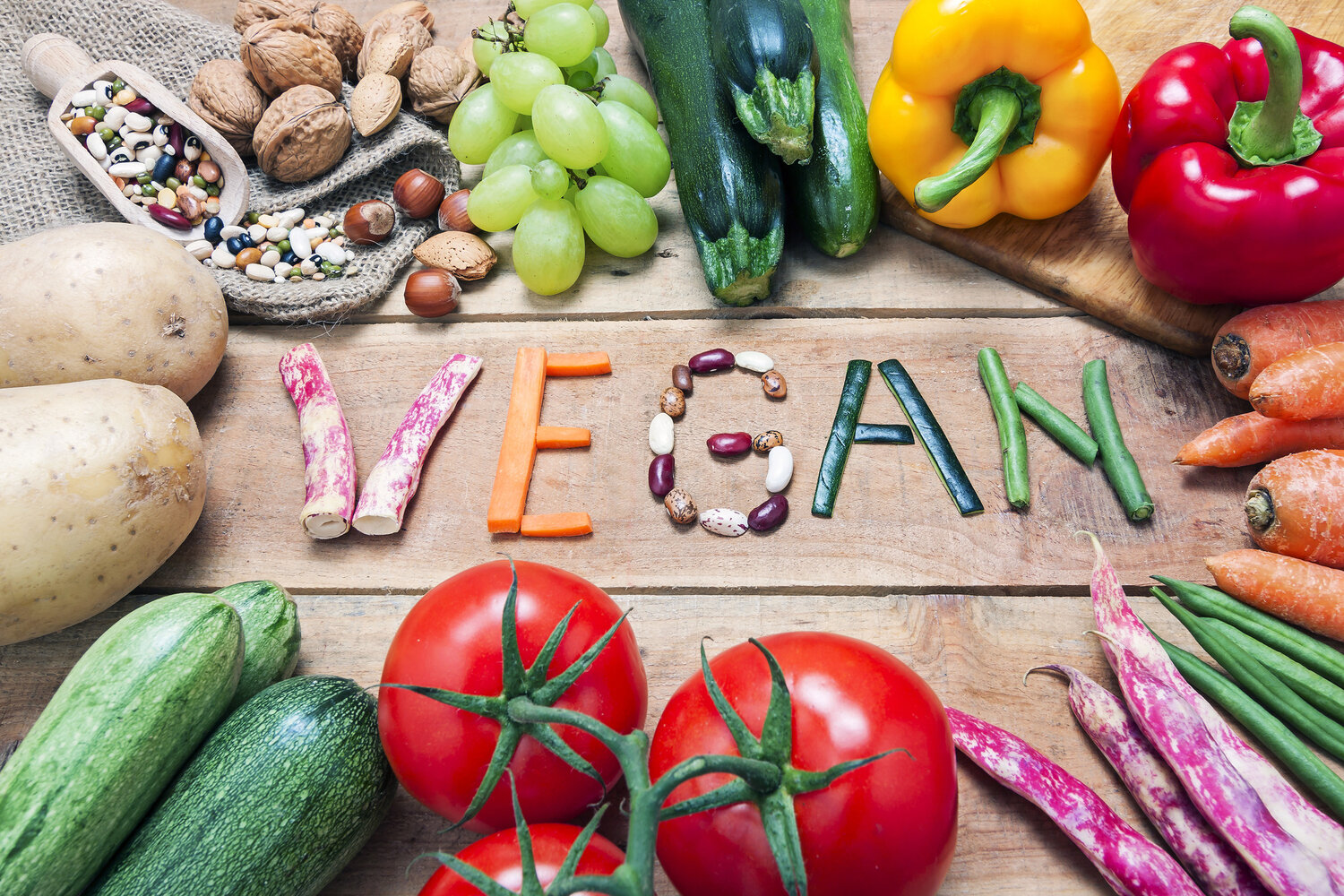Nowadays, people, especially adolescents, are obsessed with the ideas of veganism, being healthy and having a healthy lifestyle. A healthy body, healthy skin, healthy hair, and even a healthy mind are all what people seek. That’s why adolescents started to follow many plant-based diets, including pescatarian, vegetarian, and fruitarian diets, but the most popular one among those diets is being vegan.

Veganism vs. vegetarianism
Veganism is a diet and a lifestyle that is becoming more popular overtime. It entails avoiding the consumption of any kind of animal products or by-products, including dairy products, eggs, meat, and honey. Although veganism and vegetarianism are similar, vegans do not consume any animal products.
Veganism involves not only what a person eats, but also avoiding using products and materials that come from animals. While the majority of vegetarians and do not avoid animal-derived products, vegans do avoid goods like leather, fur, and wool.
Why veganism?
Veganism can be very useful in many ways. The first thing and the main point of it, is maintaining one’s health. It has been proved that veganism, “when it is done right” can reduce the risk of heart disease by lowering cholesterol levels, lower the chances of getting certain types of cancer, such as colon cancer and also can manage diabetes.
Veganism also has another benefit which is an ethical one. there is a type of veganism called ethical veganism, where people consider eating animal products to be immoral and that animals have a right to a life free from exploitation. Vegans abstain from using animals for any kind of exploitation, and many people adopt this lifestyle out of compassion. Animal products and products tested on animals can be found more frequently than you might think, in everything from accessories and clothing to makeup and toilet supplies.

Risks of Veganism
Despite the vegan diet’s frequent promotion as being healthy for heart health, cutting out animal products may result in nutritional deficiencies and have unfavourable effects. As essential as diet is to health, it’s vital to remember the diet to which we have genetic adaptations. For at least three million years, animal-based foods have constituted a significant component of the human diet. Eliminating all animal products would be equivalent to feeding tofu to a tiger and expecting it to be healthy. An organism should be fed the diet to which it has genetically evolved via evolution if you want it to thrive.
These impairments may raise the chance of developing certain cancers, having a stroke, breaking a bone, and not thriving. Avoiding animal-sourced food may also be linked to a greater incidence of depression and anxiety. Other problems among those who completely adhere to a vegan diet have included hair loss, weak bones, muscle atrophy, skin rashes, hypothyroidism, and anaemia.
On the other hand, ingesting an excessive number of processed meats or fatty, charred meat can also be bad for one’s health. Researchers emphasized the need of choosing one’s animal-based diet carefully. Researchers came to the conclusion that a plant-forward, omnivorous, whole-food diet may be a more successful dietary strategy to increase life expectancy than completely banning all foods derived from animals.
Veganism and the Environment
Veganism could also have negative effects on the environment itself. While veganism has a smaller environmental footprint than meat diets, this is not to say that it has no negative effects on the environment at all.
Meat substitutes, also referred to as plant-based meat substitutes, have an adverse environmental impact that should be taken into account. The majority of these meat substitutes are produced with severe energy and water inefficiencies, which reduces the environmental benefits that these goods are meant to offer.
In addition, more processing is necessary to create plant-based goods, meatless meats, and highly processed foods that imitate real meat. This additional processing increases the negative environmental effects of the product, making it similar to sustainably raised animal proteins in terms of greenhouse gas emissions, energy use, land use, and water use.
And to know more ideas for healthy and nutritious snacks. Read our articles MY ULTIMATE HEALTHY SNACK IDEAS and 10 healthy snacks for stress eaters.











